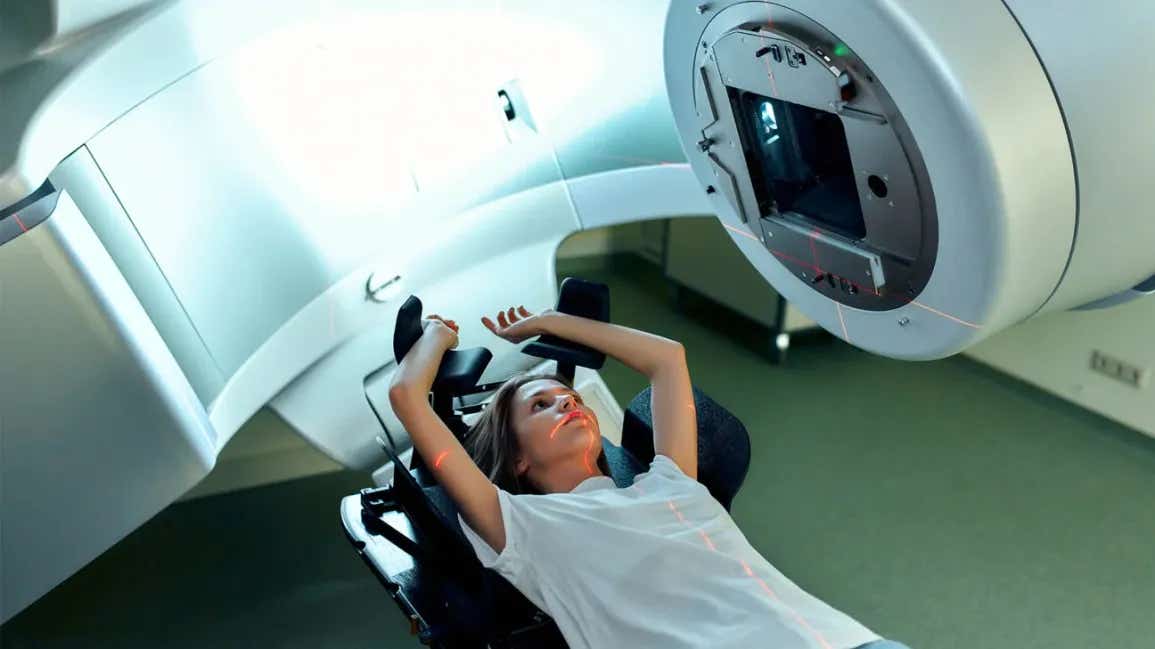Do artificial sweeteners increase your appetite? New study has the answer
Eating foods containing sweeteners induces similar reductions in appetite sensations and appetite-related hormone responses as sugary foods

Consuming foods containing sweeteners induces similar reductions in appetite sensations and appetite-related hormone responses as sugary foods. (CREDIT: Creative Commons)
A groundbreaking study has discovered that replacing sugar with artificial and natural sweeteners in foods not only fails to increase hunger but also aids in lowering blood sugar levels.
The study, conducted as a double-blind randomized controlled trial, revealed that consuming foods containing sweeteners induces similar reductions in appetite sensations and appetite-related hormone responses as sugary foods.
Moreover, it offers additional benefits such as decreasing blood sugar levels, which could be particularly advantageous for individuals at risk of developing type 2 diabetes.
The controversy surrounding the use of sweeteners in place of sugar arises from conflicting reports about their potential to stimulate appetite. Previous studies have attempted to address this issue but failed to provide conclusive evidence.
Timeline of events during an Exposure Day. CoEQ, Control of Eating Questionnaire; ED, Exposure Day; ESAT, Expected Satiety; G.I., gastrointestinal; LFPQ, Leeds Food Preference Questionnaire; SSS, Sensory-Specific Satiety; VAS, Visual Analogue Scale. (CREDIT: The Lancet)
However, researchers behind this latest study assert that their investigation, which adheres to the gold standard level of proof in scientific inquiry, offers compelling evidence that sweeteners and sweetness enhancers do not negatively affect appetite and can effectively reduce sugar intake.
Conducted by the University of Leeds in collaboration with the Rhône-Alpes Research Center for Human Nutrition, the trial is the latest contribution to the SWEET consortium, comprised of 29 European research, consumer, and industry partners.
This consortium aims to assess the long-term benefits and potential risks associated with substituting sweeteners and sweetness enhancers in various contexts, including public health, safety, obesity, and sustainability. The project received funding from Horizon Europe.
Related Stories
Lead author Catherine Gibbons, Associate Professor at the University of Leeds’ School of Psychology, emphasized the significance of reducing sugar consumption in combatting obesity-related metabolic diseases like type 2 diabetes.
She explained that merely restricting sugar intake without offering substitutes could adversely affect taste preferences and exacerbate sweet cravings, making it challenging to adhere to a low-sugar diet.
Gibbons advocated for the substitution of sugars with sweeteners and sweetness enhancers as a widely employed strategy to enhance the nutritional profile of commercial foods and beverages.
Principal investigator Graham Finlayson, Professor of Psychobiology at the University of Leeds’ School of Psychology, addressed the negative attention sweeteners have garnered in the past, citing concerns ranging from impaired glycemic response to toxicological damage.
Finlayson stressed the importance of their study in providing essential evidence supporting the use of sweeteners and sweetness enhancers for managing body weight and blood sugar levels.
The study, the first of its kind, focused on the effects of consuming biscuits containing either sugar or two types of sweeteners – natural sugar substitute Stevia and artificial sweetener Neotame – on 53 adult men and women with overweight or obesity. Unlike previous research primarily conducted using beverages, this study included solid food and involved participants of both sexes with overweight or obesity.
Composite appetite scores estimated marginal means according to S&SE formulation, exposure day (ED) and time using linear mixed models (n = 53). Error bars denote standardized error of the mean. (CREDIT: The Lancet)
Spanning from 2021 to 2022, the trial took place at the University of Leeds and the Rhône-Alpes Research Center for Human Nutrition (CRNH-RA) in France. Participants, aged 18 to 60, underwent three two-week consumption periods, during which they consumed biscuits with different fillings – sugar, Stevia, or Neotame – separated by breaks of 14-21 days.
On days 1 and 14 of each consumption period, participants reported to the lab after an overnight fast for assessments, including blood sample collection to establish baseline levels of glucose, insulin, and appetite-related hormones, as well as rating their appetite and food preferences.
Violin plots to show niAUC Composite appetite according to S&SE formulation and exposure day. (CREDIT: The Lancet)
Following biscuit consumption, participants reported on their fullness levels over several hours, while glucose and insulin levels were measured along with appetite-related hormones such as ghrelin, glucagon-like peptide 1, and pancreatic polypeptide. Results indicated no differences in appetite or endocrine responses between sweeteners and sugar, yet insulin levels measured over two hours post-meal and blood sugar levels were reduced with sweeteners.
Joint co-coordinator of the SWEET project, Professor Anne Raben from the University of Copenhagen, Denmark, hailed the findings as evidence of sweeteners' utility in reducing added sugar intake without triggering compensatory increases in appetite or energy intake, thereby supporting their role in appetite, energy, and weight management.
For more science news stories check out our New Discoveries section at The Brighter Side of News.
Note: Materials provided above by The Brighter Side of News. Content may be edited for style and length.
Like these kind of feel good stories? Get the Brighter Side of News' newsletter.
Joshua Shavit
Science & Technology Writer | AI and Robotics Reporter
Joshua Shavit is a Los Angeles-based science and technology writer with a passion for exploring the breakthroughs shaping the future. As a contributor to The Brighter Side of News, he focuses on positive and transformative advancements in AI, technology, physics, engineering, robotics and space science. Joshua is currently working towards a Bachelor of Science in Business Administration at the University of California, Berkeley. He combines his academic background with a talent for storytelling, making complex scientific discoveries engaging and accessible. His work highlights the innovators behind the ideas, bringing readers closer to the people driving progress.



